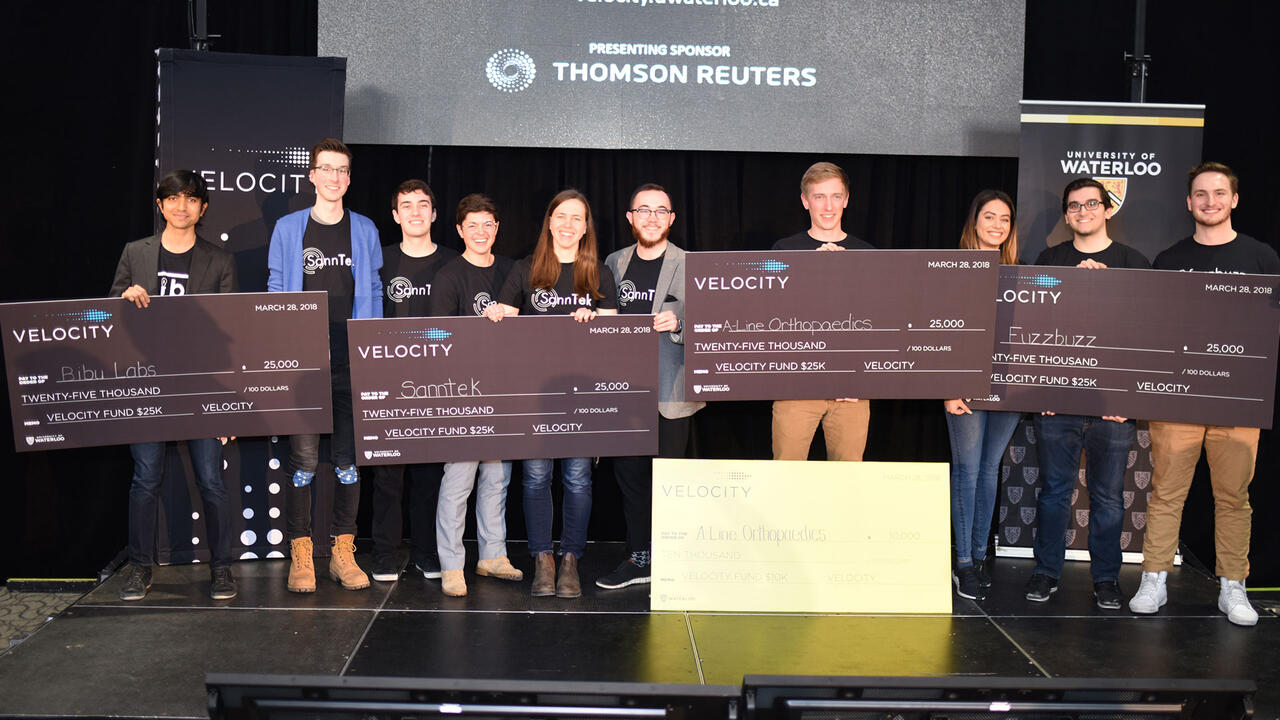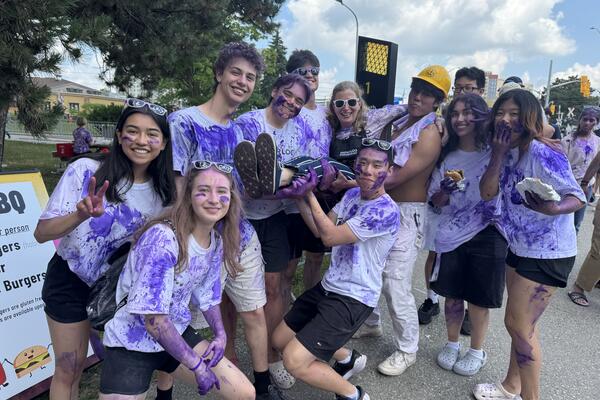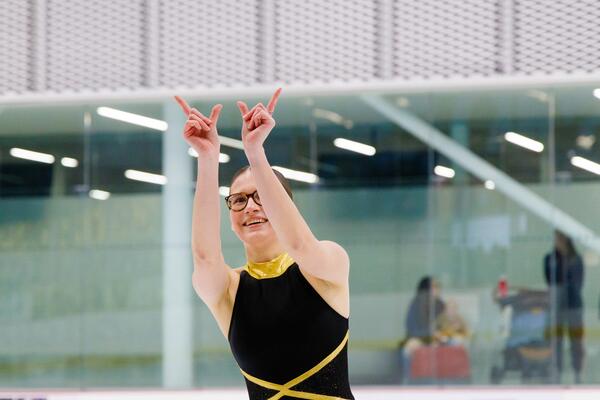A-Line Orthopaedics, a company developing implants for safer and faster surgeries, was one of the four big winners at the 21st staging of the Velocity Fund Finals (VFF) held at the University of Waterloo.
Velocity, which this year celebrates its 10th anniversary, is a comprehensive entrepreneurship program at Waterloo providing the resources and mentorship to help founders initiate and incubate high-growth startups.
A-Line Orthopaedics, founded by Tim Lasswell, who earned a Masters in Mechanical Engineering from Waterloo in 2017 and his partner Parham Rasoulinejad, have been designing minimally invasive implants for spinal surgeries.
In addition to winning one of the grand prizes of $25,000, A-Line Orthopaedics also copped the top hardware company prize, worth $10,000.
A-Line Orthopaedics started out as part of Lasswell’s master’s thesis at Waterloo in 2016. He entered the VFF $25K pitch competition last fall but was not among the winners, only to return and claim top prize in the winter staging as the team focuses on commercialization.
“We have come up with a novel clamping technology that gets away from screws, and is much safer, less invasive, and faster,” said Lasswell. “It is not just the invention itself. We are also leveraging advance manufacturing through 3D printing and titanium alloys and looking at really high end computational modelling to look at the performance of the implant.”
During the competition, 10 companies pitched their businesses to a panel of judges representing the investment, startup and business communities. Judges considered innovation, market potential, market viability and overall pitch.
SannTek was among the other three grand-prize winners of $25,000. SannTek’s success follows on the Velocity Fund Finals $5K win in the fall and also its Problem Pitch Competition triumph, which is a collaborative effort between Velocity and the Problem Lab.
All four winning VFF $25K startups took home an extra $5K in intellectual property services from leading Canadian patent and trademark agency, PCK | Perry + Currier. They will also be admitted to the Velocity Garage startup incubator.
The other two grand-prize winners of $25,000 were:
Bibu Labs – uses artificial intelligence to provide defense against cyberattacks.
Fuzzbuzz – a fuzzing platform that keeps critical software secure.
“Within ten years, we have grown Velocity from a residence for students to work on projects, to a portfolio of entrepreneurship programs that inform, inspire and guide the entire campus community” said Jay Shah, director of Velocity. “We have become Canada’s most productive startup incubator, supporting over 300 companies who have raised $750 million in funding and are producing serious economic and social impact. The key to this has been to attract bright and passionate founders from UWaterloo and elsewhere, and equip them with the mentorship, workspace, funding, and a peer network that supports them in becoming high-growth, scalable startups.”
The overall prize money for this year increased by $5,000 to $130,000. This was to allow for an extra $5K winner to be named in light of how well the early-stage Waterloo student-run start-up winners have been doing. The winners of the Velocity $5K were:
Circadian Energy - offers affordable, long-term energy infrastructure for underserved communities by providing simple home-to-home energy sharing.
Freewheel - an accessible, affordable retrofit system for walking devices.
Intelline - builds mass custom cryocoolers to enable widespread implementation of cryocooled technologies.
Quantum NanoPure - provides affordable access to specialty fullerene molecules for researchers and distributors.
The judges for the Velocity Fund $25K competition were Greg Stewart, president of Greensky Capital, Jamie James, managing partner at Greensoil Building Innovatioon Fund, Karen Madden, vice-president of Technology & Innovation at PerkinElmer and Peter Aceto, co-founder of Equoshift & former CEO at Tangerine. The judges for the Velocity Fund $5K competition were Alexnder Mistakidis, CEO of Gamelynx, Donna Litt, CEO of Kiite, and Sam DeAth, founder of CleanWell Company.
For more information on the Velocity Fund Finals, please visit
www.velocityfundfinals.com.




